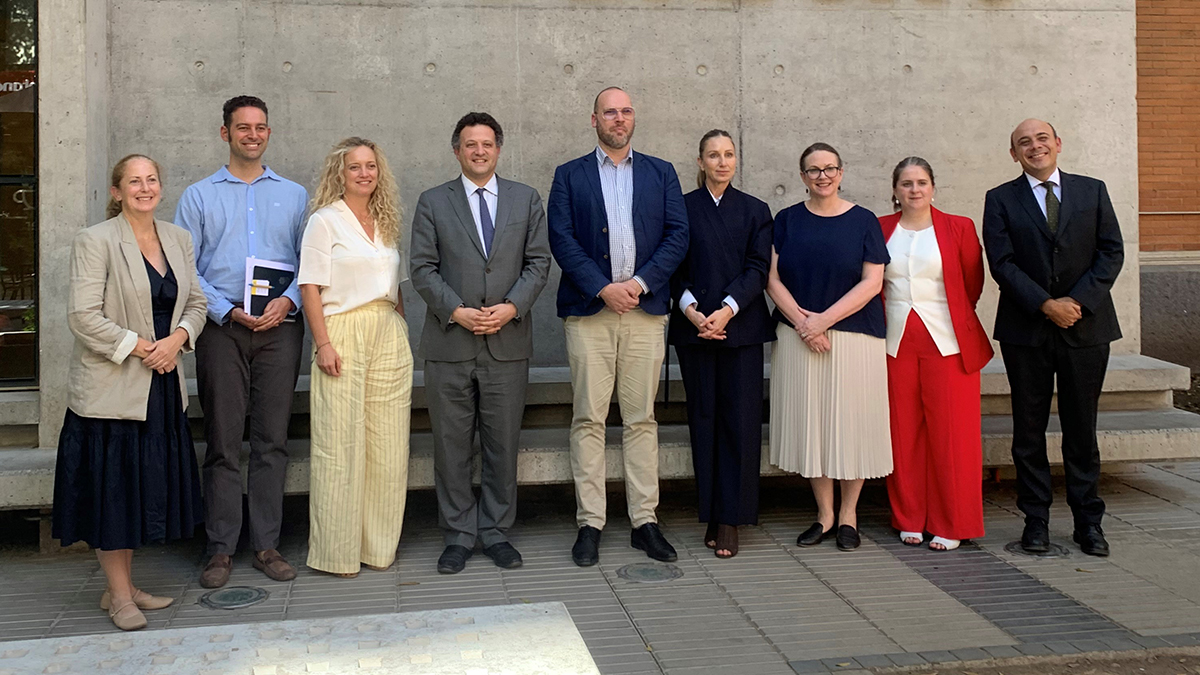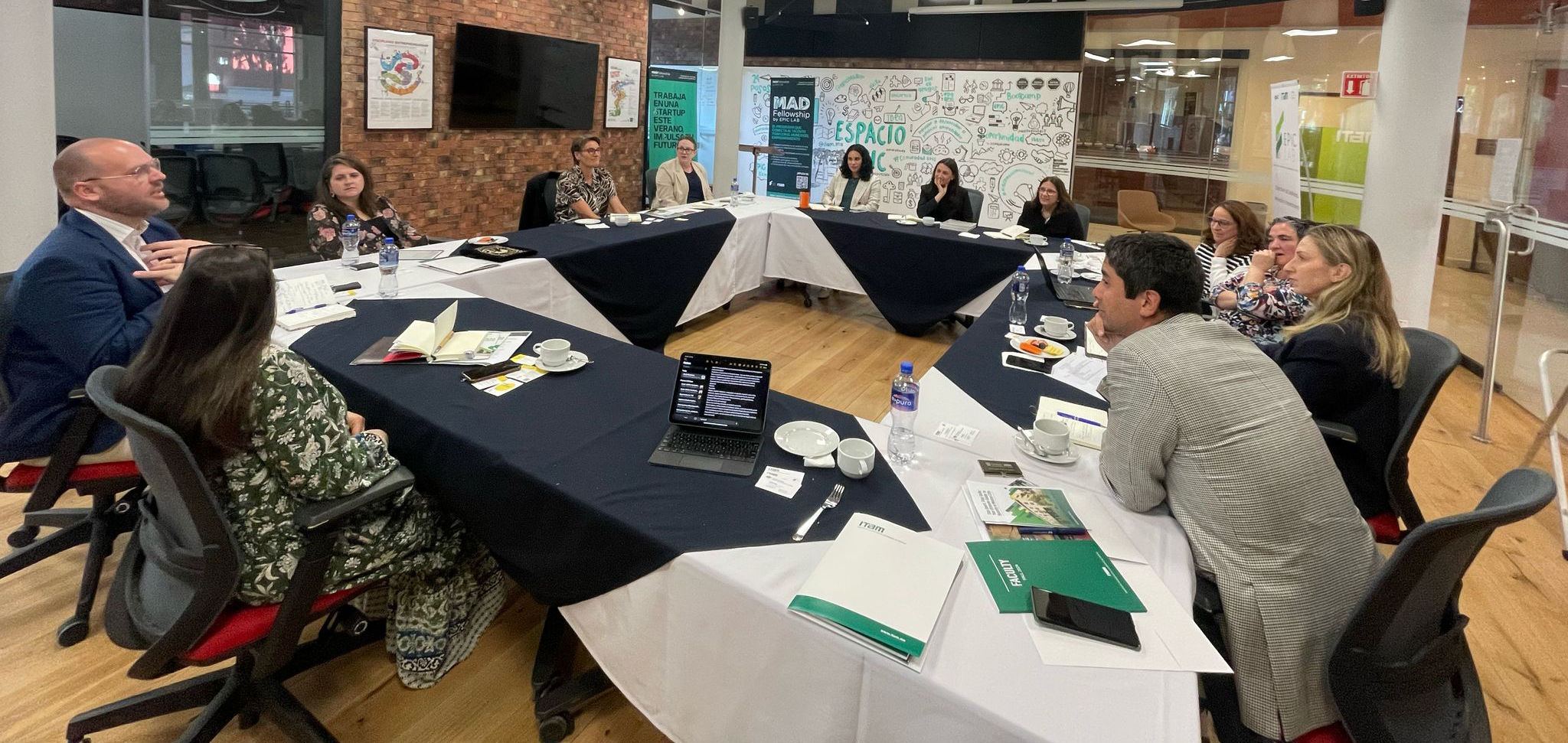
The University sent its largest-ever delegation to Latin America in March and has established new Global Communities of Practice.
As part of its bold new strategy, Progress for All, UNSW Sydney is redefining what it means to engage globally by building deeper, more meaningful partnerships in regions that have historically been underserved in Australian higher education. This includes Africa, Latin America and the Middle East.
In March, UNSW sent its largest-ever delegation to Latin America, led by Pro Vice-Chancellor (International) Professor Lisa Zamberlan and Deputy Vice-Chancellor (Education & Student Experience) Professor Sarah Maddison.
The group, comprising eight academic and professional staff, visited key partner institutions in Mexico, Chile and Brazil, leveraging UNSW’s strong presence in networks such as Universitas21, the Global Network for Advanced Management and the Law Schools Global League.
What set this visit apart was not just its scale, but its purpose.
“Our conversations focused not on recruitment, but on shared transformation,” said Prof. Zamberlan.
“We discussed entrepreneurship, Indigenous knowledge systems, decarbonisation, innovative education and social justice – areas where we can learn with and from our partners.”
This delegation builds on a visit by Vice-Chancellor Professor Attila Brungs and Deputy Vice-Chancellor (Global) Professor Colin Grant in 2023 and reflects UNSW’s commitment to long-term, reciprocal engagement. Delegates also met with Australian diplomatic missions, reinforcing the University’s growing role in shaping Australia’s presence in the region.

New Global Communities of Practice
In parallel, UNSW has launched new Global Communities of Practice. These faculty-led networks are designed to foster collaboration and knowledge exchange in Africa, Latin America and the Middle East.
These communities are open to both academic and professional staff and aim to explore region-specific challenges and opportunities with depth and nuance. Communities of Practice for the Pacific and Northeast Asia are also in the works.
“It’s incredibly important to engage with Latin America right now,” said Prof. Zamberlan. “There is a strong appetite for new partnerships, and Australia is seen as a trusted and serious partner.”
Each Community of Practice will bring UNSW expertise into dialogue with regional leaders.
Dr Lucas Lixinski (Law & Justice) is lead for Latin America.
“The region is home to the largest Indigenous population in the world,” he said. “Their universities have made remarkable advances in social justice and knowledge inclusion. We have much to learn from them.”
Dr Kiri Murphy (Engineering), who leads the Africa Community of Practice, added, “We are committed to engaging with entire continents, not just the usual suspects. This is about embracing diversity and ensuring our partnerships reflect the complexity of each region.”
Dr Nicholas Apoifis (Arts, Design & Architecture), who leads the Middle East stream, noted the broader value.
“These communities provide exciting forums to exchange ideas, share learnings and strengthen UNSW’s global impact.”
UNSW staff interested in joining a Community of Practice can contact the relevant lead directly:
- Africa: Kiri Murphy, kiri.murphy@unsw.edu.au
- Latin America: Lucas Lixinski, l.lixinski@unsw.edu.au
- Middle East: Nicholas Apoifis, n.apoifis@unsw.edu.au
Main image (L-R): Nerida Dalton, Head of International Relations, UNSW; Daniel Bartlett, coordinator for international projects, UC's Law Faculty; Javiera Ortúzar, coordinator for international affairs, UC's Law Faculty; Professor Gabriel Bocksang, Dean of UC's Law Faculty; Professor Lucas Lixinski, Associate Dean (International) - Law, UNSW; Professor Lisa Zamberlan, Pro Vice-Chancellor International, UNSW; Lucy Jones, Director of Graduate Research School, UNSW; Kiri Murphy, Head International Development - Engineering, UNSW; Professor Cristián Villalonga, Academic Secretary, UC's Law Faculty.
- Log in to post comments
